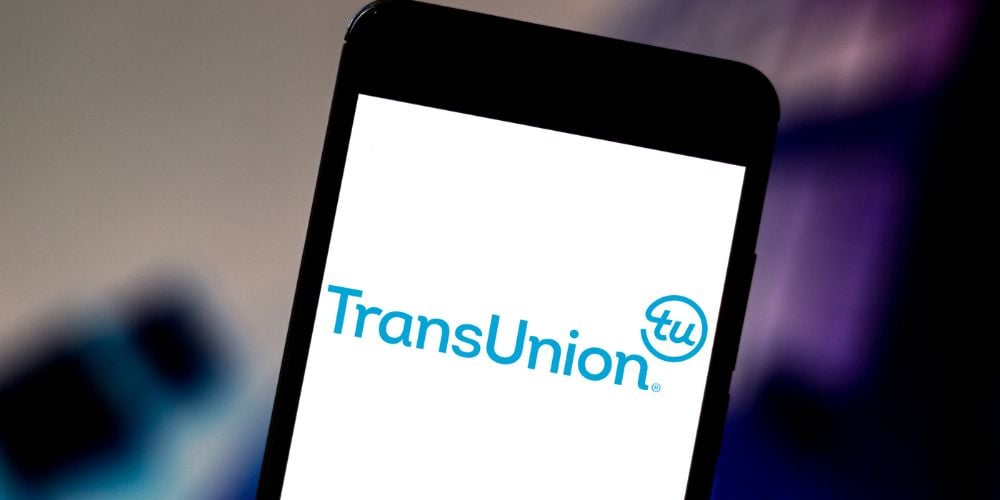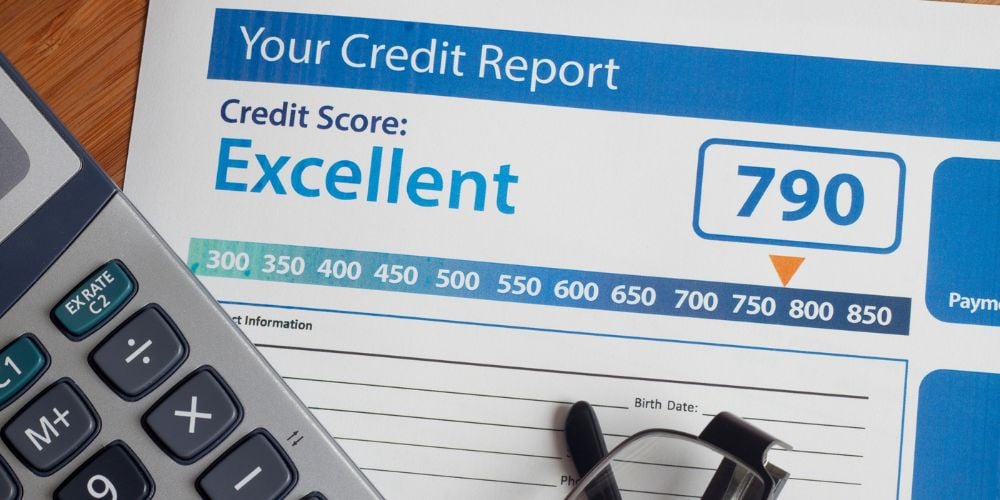Credit scores have taken an increasingly prominent role in today’s financial landscape, and they are used by an array of companies and institutions to determine how credit-worthy a borrower is.
The specifics of what information is collected and how it is weighed can vary widely with these scores. It’s essential that consumers understand the ins and outs of credit reporting, especially when it comes to lenders like Barclays Bank.
So, what credit bureau does Barclays use?
In this comprehensive guide, we’ll delve into the credit bureau that Barclays Bank relies on for evaluating creditworthiness.
By learning about Barclays’ credit reporting practices, you can gain a better understanding of how it might affect your credit profile.
Understanding Credit Bureaus
Credit bureaus are entities that collect and maintain credit information about consumers.
Lenders and other financial institutions utilize this information to make informed decisions regarding credit approvals.
There are three major credit bureaus across the United Kingdom: Experian, Equifax, and TransUnion.
These companies gather data from various sources and compile credit reports that reflect an individual’s credit history. These reports are then used by financial institutions like Barclays to guide the credit evaluation process.
The credit bureaus do not make the decisions determining whether or not to approve your credit applications. Instead, lenders use the information provided by credit bureaus to make that decision.
It’s important to maintain a good credit score, as it can increase your chances of getting approved for credit at favorable rates.
When you apply for credit, the lender will generally make inquiries to one or more of the major credit bureaus to assess your creditworthiness.
The inquiry will assess your credit report, which will include detailed information about your credit history, including account details, balances, payment history, and other relevant financial information for a full and comprehensive view of your financial health.

Research Findings: What credit bureau does Barclays use?
Our research shows that when it comes to assessing its borrowers’ creditworthiness, Barclays Bank primarily relies on TransUnion.
While it’s possible that Barclays Bank uses other credit bureaus, TransUnion is usually the first choice.
Barclays and TransUnion: A Close Relationship
TransUnion is one of the three major credit bureaus in the UK along with Experian and Equifax.
While Barclays Bank is known to use all three credit bureaus for reporting credit score and creditworthiness, it is usually the TransUnion score that Barclays uses to evaluate potential borrowers.
One of the supposed advantages of using multiple bureaus is the ability to spread out hard inquiries.
Hard inquiries occur when you apply for new credit, and they can negatively impact your credit score.
By utilizing TransUnion along with other credit bureaus, Barclays can lessen the impact on your credit score, as inquiries are distributed across varied credit bureaus.
Another advantage of using TransUnion’s credit reporting services is the unique credit data it provides.
There will be variations in credit reports across various credit bureaus as they acquire information from differing sources.
By relying on TransUnion, Barclays gains access to exclusive data not available through any other credit bureau.
This peripheral information affords a more stable and holistic credit evaluation process.
Other Credit Bureau Possibilities
Although TransUnion is the dominant credit bureau used by Barclays Bank, the lender can sometimes utilize Experian or Equifax for credit evaluation and reporting.
This may be done in situations where Experian or Equifax data is deemed more relevant or when seeking credit data from various sources.
It’s important to note that while Barclays may use different credit bureaus, the key components of credit reporting and evaluation remain consistent.

Tips for Maximizing Your Credit Profile with Barclays
To optimize your credit profile when working with Barclays, it is essential to follow these tips:
- Maintain a good credit score and report: Pay your bills on time, keep balances low, and frequently review your credit report for even slight discrepancies.
- Establish a positive credit history with Barclays: You can establish a good credit history with Barclays by using credit products like credit cards or loans responsibly.
- Confirm that accurate information is being reported by the credit bureaus: Reviewing your credit report regularly to ensure that the information reported is accurate. Dispute any discrepancies and report them to the relevant bureau immediately.
Frequently Asked Questions
What credit bureau does Barclays use on credit card applications?
Barclays primarily utilizes TransUnion for evaluating credit card applications. However, it’s possible Barclays can opt for Experian or Equifax under certain circumstances.
Does Barclays report to all three major credit bureaus?
Yes, Barclays reports credit information to all three major UK credit bureaus- TransUnion, Experian, and Equifax. By doing so, your credit history will reflect on all the reports created by these bureaus.
Can I freeze my TransUnion report to influence Barclays’ credit evaluation?
Freezing your TransUnion report may impact Barclays’ ability to access your credit information. But it’s important to recognize that Barclays may still use alternative credit bureaus for their evaluation process.
How often does Barclays report to credit bureaus?
Barclays generally reports credit information to the credit bureaus on a monthly basis. This ensures that your credit profile is up-to-date.
Conclusion
Understanding the credit bureau that Barclays Bank uses for evaluating creditworthiness provides valuable insights into the lender’s credit reporting practices.
While TransUnion is the primary credit bureau utilized by Barclays, they can sometimes use Experian or Equifax for credit evaluation and reporting.
By following the stated tips, you can improve your credit profile and maintain a positive relationship with Barclays.
It is important to closely monitor your credit reports for accuracy and strive for financial responsibility to achieve your credit goals.


 Tags:
Tags:










